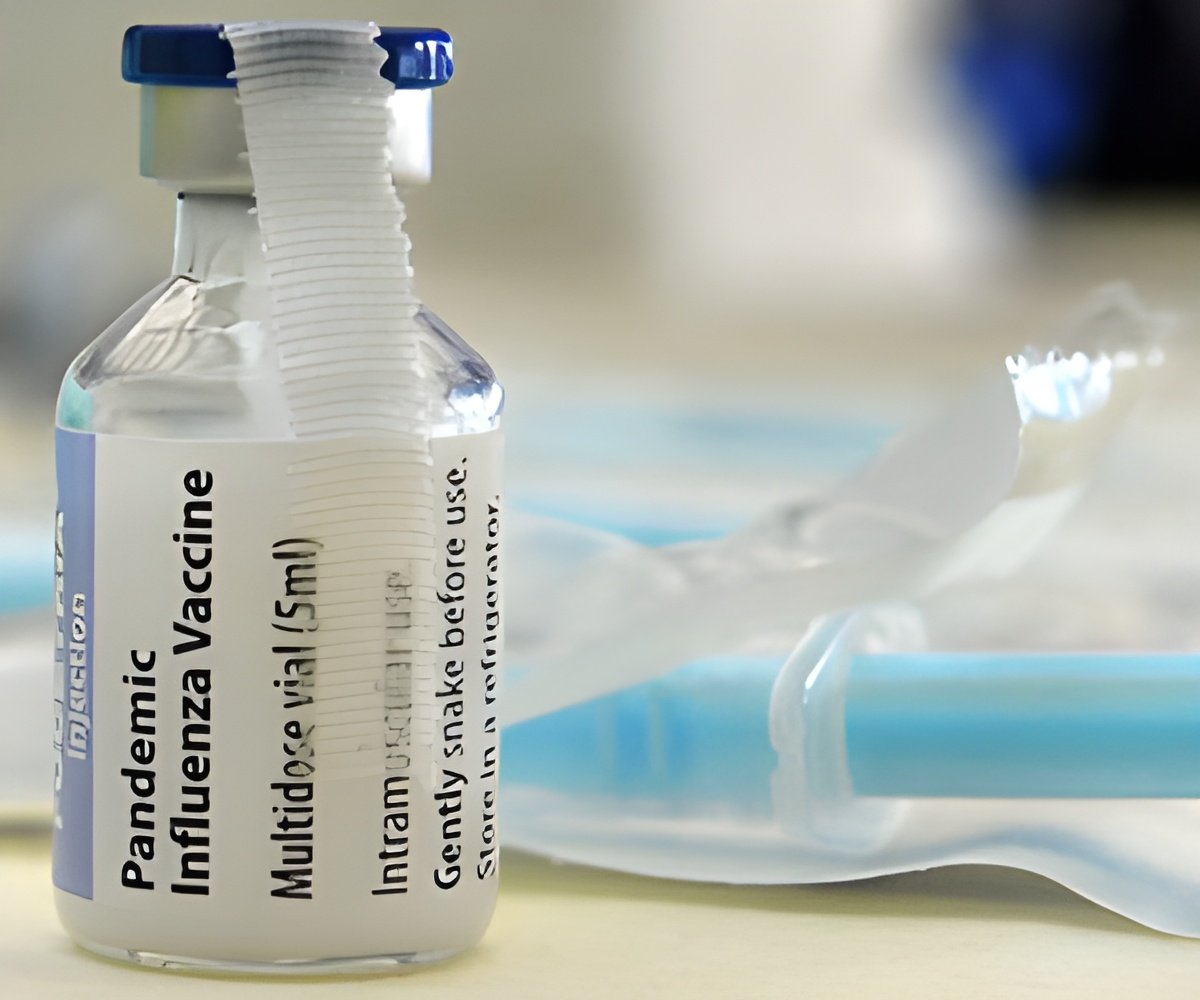Heart disease patients enrolled in a clinical trial to test whether a stronger dose of the flu vaccine can prevent death have begun receiving their flu shots.

‘Heart disease patients enrolled in a clinical trial to test whether a stronger dose of the influenza vaccine can prevent death have begun receiving their first flu shots.’





Spearheaded by researchers from the Peter Munk Cardiac Center, University Health Network (UHN) and Women’s College Hospital, this first, large-scale North American study is a collaboration of numerous healthcare centers in Canada and the United States that are taking part in the Influenza Vaccine to Effectively Stop Cardio Thoracic Events and Decompensated Heart Failure (INVESTED) trial. This trial is supported by the National Heart, Lung and Blood Institute (NHLBI) of the National Institutes of Health (NIH).“As the Canadian leaders in this extensive study, our multi-disciplinary team of cardiac and vascular scientists, researchers and global clinical trials specialists are poised to potentially alter how this large group of already-susceptible heart patients is managed,” says Dr. Barry Rubin, Medical Director, Peter Munk Cardiac Centre, UHN.
“An investigation of this scope that is focused on testing a potential new approach to prevent deteriorating health or death in heart failure and heart attack patients is significant,” he says.
Supported by a $21 million grant from the NIH, INVESTED will test the efficacy of two different formulations of the influenza vaccine - the standard dose and a stronger dose - in patients with heart failure or patients who have had a heart attack in the previous year. The test will determine which vaccine better protects these patients from having their heart and lung conditions worsen so that they require hospital admission, or become fatal.
Dr. Jacob Udell, cardiologist, Peter Munk Cardiac Center and Women’s College Hospital, Assistant Professor of Medicine, University of Toronto, and one of the Canadian co-Principal Investigators in INVESTED said, “Given that more heart disease patients die as a result of the flu than any other chronic health condition, and that the standard flu vaccine has been found to reduce the risk of heart attack in these patients, perhaps a stronger dose flu vaccine could provide even greater benefit and now is the time to definitively answer this question.”
Advertisement
“If successful, the public health impact could be substantial, says.” Dr. Scott Solomon, cardiologist, Boston’s Brigham and Women’s Hospital and Harvard Medical School professor, and one of the American co-Principal Investigators in the trial.
Advertisement















